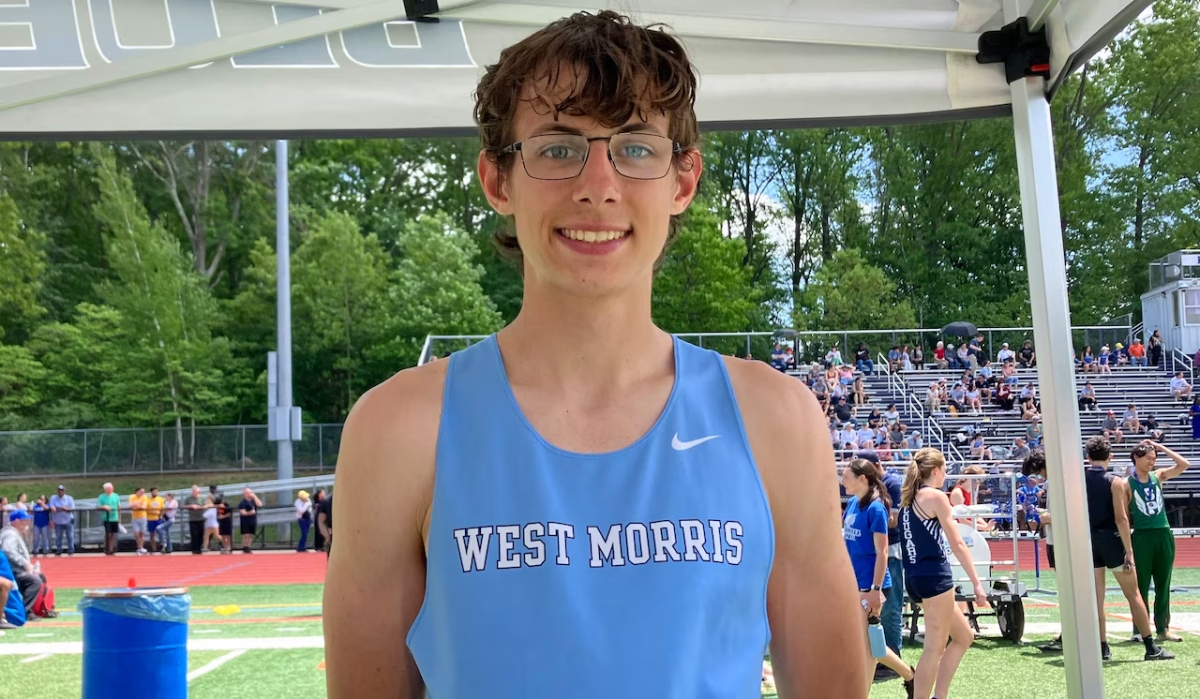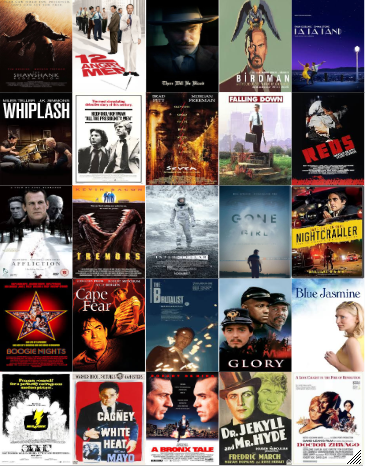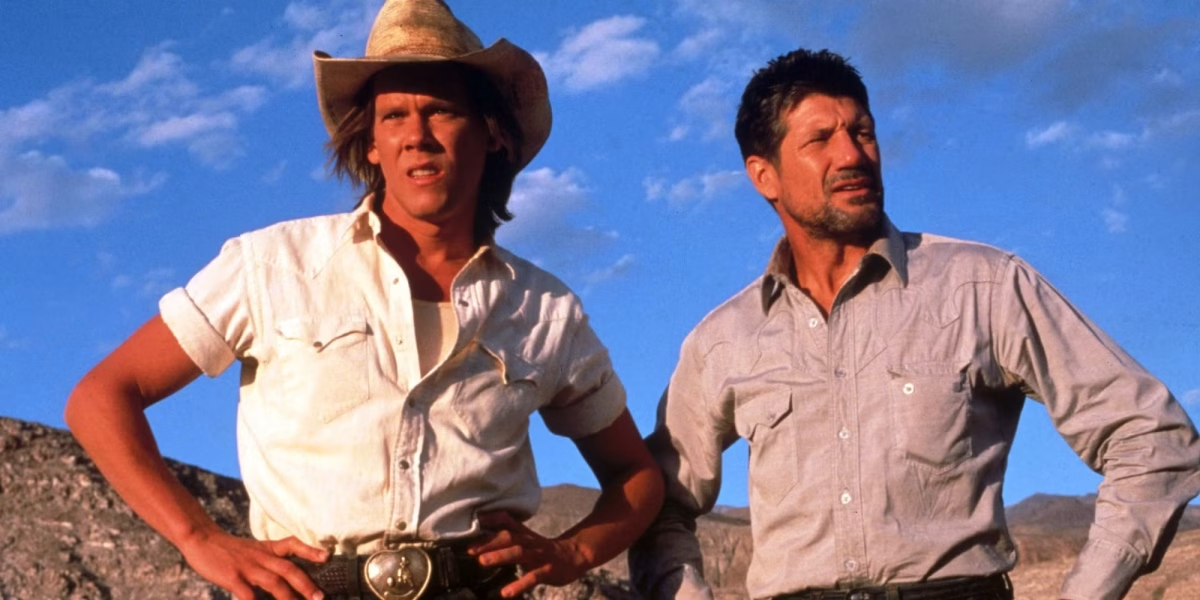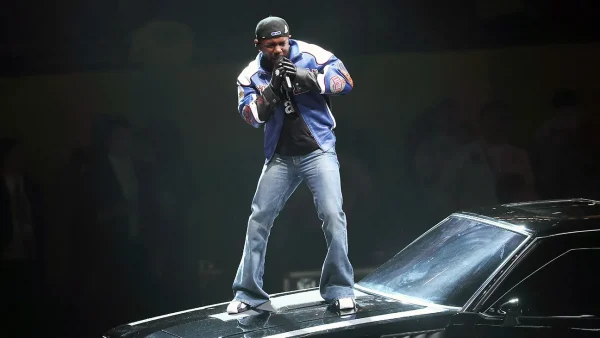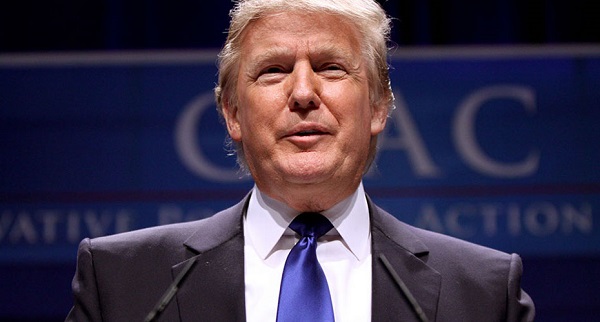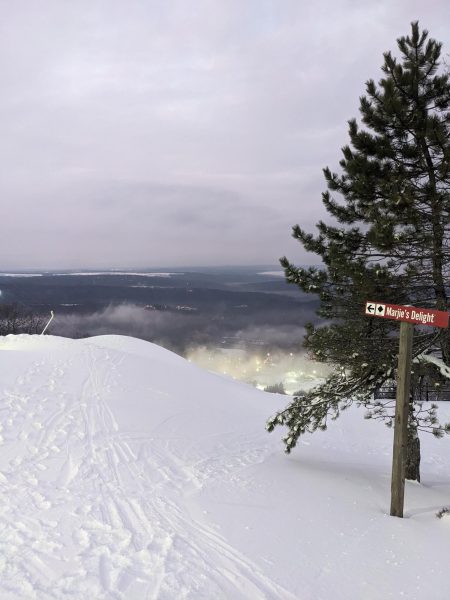Why Won’t Disney Commit to LGBTQ+ Representation?
Leading up to the release of Star Wars: Episode IX – The Rise of Skywalker in 2019, director JJ Abrams hinted in an interview with Variety that the movie would include LGBTQ+ characters. As more information came out, it was reported that the film would show a gay couple kissing in a moment of celebration. This was often treated as a historical moment for LGBTQ+ representation by many media outlets, as it would be a display of affection between the first openly gay characters in Star Wars (one of the biggest and most influential franchises ever). However, when the movie finally came out in theaters, LGBTQ+ audiences found themselves overwhelmingly disappointed- the moment of representation was incredibly brief, consisting of a single shot which lasted only a second. The characters were not named, had no dialogue, and were not even a major part of the scene, much less the story. Arguably this is not representation, but tokenism. By reducing the LGBTQ+ representation in the film to a blink-and-you-miss-it moment, all while marketing at as a landmark for queer community, Disney is attempting to pander to that community without actually comitting to representing them. Unfortunately, this has become somewhat of a trend for the company.
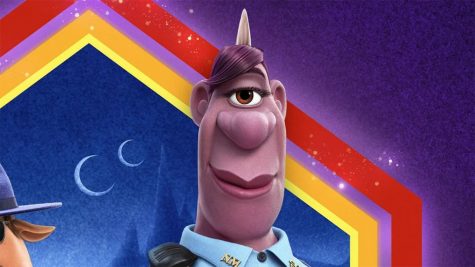
Another example of this came in Avengers: Endgame. This time the character in question had dialogue, in which he mentions going on a date with another man. This is actually good representation within the context of the scene, but it is disappointing that the first openly LGBTQ+ character in the Marvel Cinematic Universe (another massively iconic franchise) is an unnamed side character in a single scene. Similarly, the recent Disney Pixar film Onward was discussed by director Dan Scanlon as making history with the first openly lesbian character in an animated Disney film. However, these claims once again led to disappointment, as the character was only featured in a single scene of the film. Worse still, the only indication of this representation was a single throwaway line of dialogue. These are not examples of adequate representation. If Disney was truly committed to LGBTQ+ representation, would they not feature a queer character as part of the main cast of one of their films?
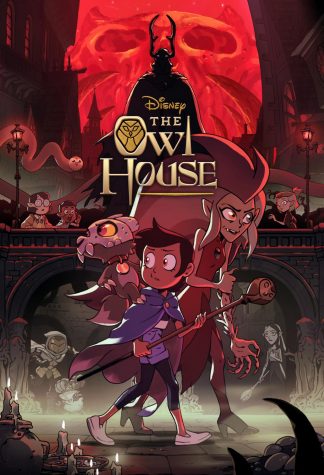
Well maybe they won’t commit in film, but what about television? The Owl House debuted last year as Disney’s first show with an openly bisexual lead character, as well as a lesbian deuteragonist and a non-binary character in the supporting cast. However, despite being a true milestone for Disney with queer representation, The Owl House was cancelled prematurely. Initial plans to produce four full seasons were scrapped, with the third season becoming it’s last and getting cut down to just three (albeit double length) episodes. According to creator Dana Terrace in a Reddit post, the show’s ratings and viewership were not the cause of this decision. Instead, she was told the reasoning behind the cancellation was that the show doesn’t fit with Disney’s brand. While there is certainly no reason to suspect that this decision was a result of the show’s unambiguous LGBTQ+ representation, the cancellation of the series reveals a lack of care on Disney’s part for the importance of such a show for the LGBTQ+ community.
Although film and television is often a reflection of current culture, media can also have a huge influence on that culture. The role of representation is to normalize queerness; homophobia is fundamentally a result of people’s general tendency to react negatively to things that they consider different. Representation also greatly benefits LGBTQ+ youth as it allows them to watch characters that they can identify with, something that is incredibly empowering for kids and teens who might otherwise struggle with their identities. As one of the largest and most influential producers of children’s media in the world, Disney arguably has a responsibility to properly represent the LGBTQ+ community in their content. And so far, they have failed.
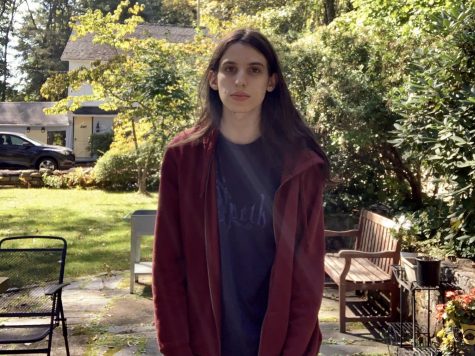
Miles is a senior at West Morris Central, and is excited to be writing for The Paw this year. Miles' main passion is for music, and he spends most of...












